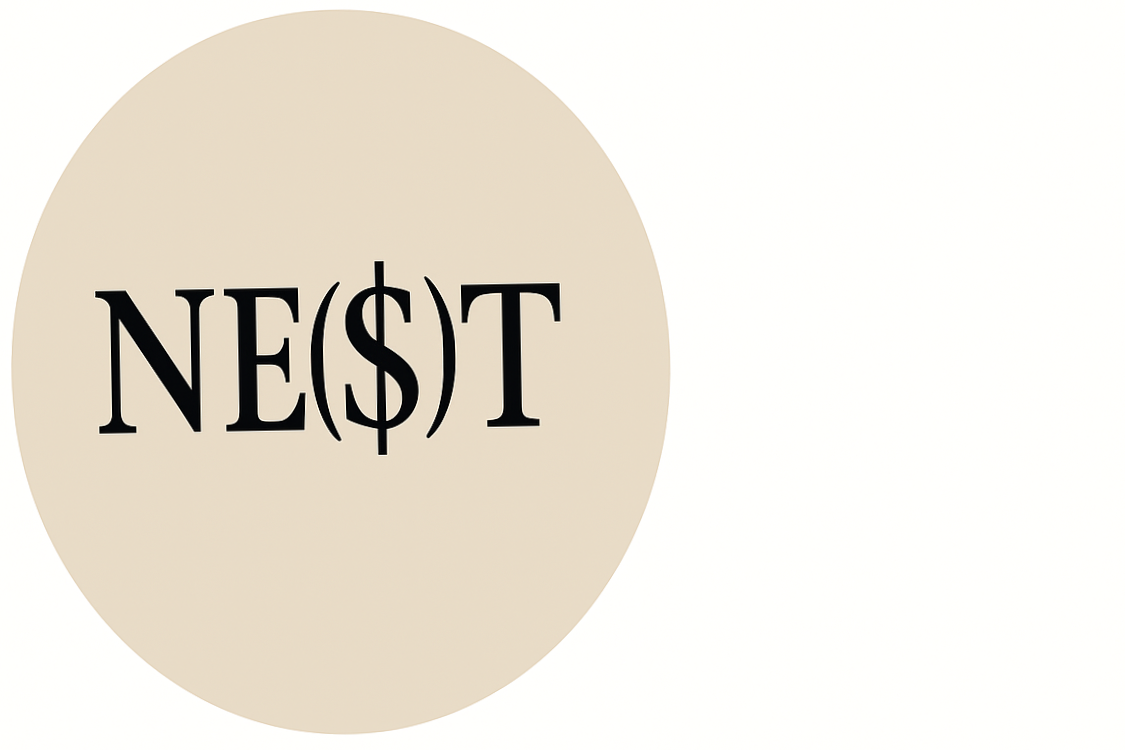Uncharted Woodland; Tracing the Origins of Self-Doubt.
The Freudian Superego , Radiohead and Doomscrolling
Why we trip ourselves up and how therapy listens for the voice in the trees.
Blink for a second and you’re in the woods again, the undergrowth bearing traces of shadows that graze over the forgotten, and yet distantly familiar, margins of your mind. You are reaching for the reason that you made your way here in the first place …. You’re on your way somewhere … to meet a lover? … to the supermarket isle 7? The trees lurch and creak overhead, and you fumble clumsily for your phone, but there’s just an empty screen - no notification, no reassurance that ‘you have arrived’. You must be on your way somewhere … you must have something you should be doing right now…. And then, just like that, you trip.
But not over a branch,
Over a thought. . .
“I should have known better”
“I’m always taking the wrong path”
“I am falling behind….”
This internal ambush is painfully familiar to many of us. It’s often referred to as the ‘inner critic’ – that quiet insidious voice that takes shape somewhere in the gloom and steps out to stop you in your tracks. Here, psychoanalysis suggests something else is at play. Freud called it the superego, a prohibitive master, bearing the imprint of the parental voice. He conceived of the superego as an authority that promises us power and possibility, yet so often reveals itself as the very force that truncates these aims, ensnaring us at the very moment we imagine ourselves to be most in control.
For Lacan, this paradox; that when we feel closest to the edge of freedom we are, in fact, in the most danger of falling back into our old narratives, points to the very split at the heart of the subject. The price we pay to assume our place in a language that precedes and exceeds us. A language that names us, but can never fully capture us. In its wake we are left estranged from parts of ourselves, alienated, unable to give voice to the entirety of our felt sense of being.
This sense of alienation causes us to feel subtly misplaced, as though the wood we walk is vaguely familiar somehow - we might have played there as children – or perhaps only visited it at night in our dreams. Our dislocation often finds expression in phenomena like ‘imposter syndrome’, or the increase in the number of people seeking a neuro divergent diagnosis. Medical explanations frequently seem to offer a way of making sense of the contradiction, fracture and disjuncture that are both ordinary and fundamental human experiences. In these examples we can trace echoes of a deeper structural alienation; efforts to locate ourselves in a symbolic terrain that has, from the outset, rendered us slightly out of joint. The superego interjects into this painful gap where the desire to belong, to fit in, can never be fully realised. You might be reminded of this strange sense of unease when you listen to Radiohead’s confession:
“I’m a creep, I’m a weirdo
What the hell am I doing here?
I don’t belong here….. ‘
While Freud initially conceptualised the superego’s voice as one that sets limits and boundaries, the parental wag of the finger or pointed glance that says ‘you must not’. With Lacan developments the speech of the superego begins to say – ‘go ahead!’, ‘you must!’ – ‘Enjoy!’
Great huh?…Well, not so much.
The imperative to enjoy is not pleasure in any simple sense, but rather, a maddening paradoxical demand, where the more we try to satisfy it, the more we feel guilt, failure, and somehow behind, somehow lacking.
Today neoliberalism and hyperreality accentuate this unbearable demand. It can be actually painful to scroll through the happy holiday photos of acquaintances on social media and conclude that they’ve got it figured out. And yet, somehow, it's also unbearable not to invite this comparison – as if abstaining were in itself a kind of failure. As Zizek suggests, the oppressive force is no longer just what limits us, but what insists we can and must be satisfied. As Dairen Leader observes the superego doesn’t say ‘No’ anymore it says ‘Yes, and why aren’t you doing it better?’
Psychotherapy doesn’t offer an easy way out of this bind. But it does offer a space to stop and listen — not to silence the voice in the trees, but to follow it differently. To track the origins of its injunctions and navigate the landscape of its tone. Sometimes, in the work of speaking, we find that the woods are not something to escape from — but include paths worth learning to walk, even if the routes remain uncertain.

